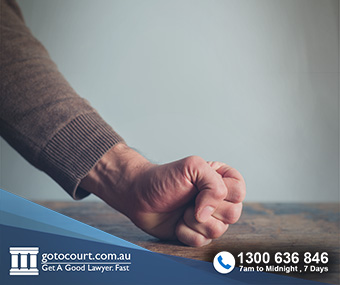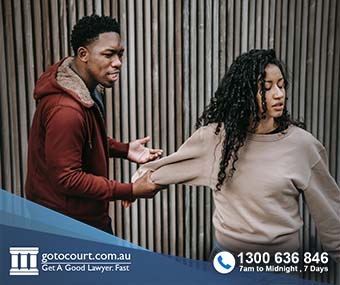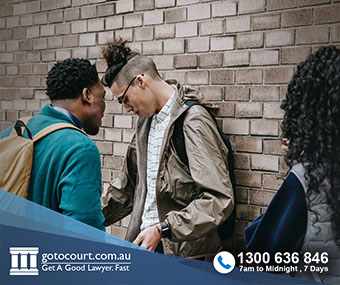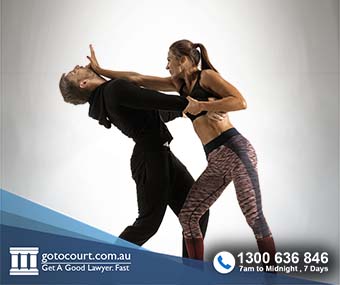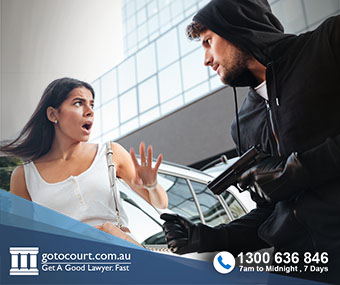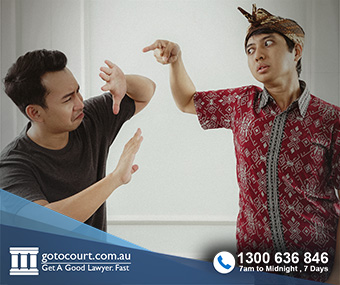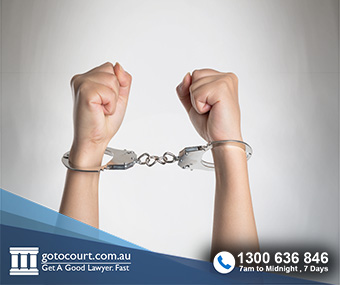Intoxication and Criminal Matters (SA)
Intoxication and Criminal Matters (SA)
When a person has become intoxicated of their own free will, they cannot rely on this as a defence to alleged criminal offences in South Australia.
However, in some limited circumstances, intoxication can be relied on as a defence. This page sets out how the law regards self-induced and involuntary intoxication for the purposes of defending criminal charges in South Australia.
Legislation
Sections 268 and 269 of the Criminal Law Consolidation Act 1935 deal with the intoxication of an accused.
Self-induced intoxication
Where a person’s consciousness was impaired by self-induced intoxication at the time of carrying out an offence, they are nonetheless guilty of the offence provided the intoxication was self-induced. A person’s intoxication is self-induced if they voluntarily and knowingly consumed an intoxicating drug or substance. Self-induced intoxication may be recreation use of a drug or therapeutic use of a drug.
Where a person’s consciousness was impaired by intoxication at the time of carrying out an offence, but prior to becoming intoxicated they had formed the intention to commit the offence and became intoxicated in order to strengthen their resolve, they are guilty of the offence.
Involuntary intoxication
A person’s intoxication is involuntary where the person was tricked or forced into consuming alcohol or drugs.
In such a case, where the person’s consciousness is impaired to the point of criminal irresponsibility, they may rely on their intoxication as a defence.
Offences of specific intent
If a person is being tried for an offence involving specific intent and there is evidence before the court that they were intoxicated at the time it allegedly occurred, the evidence of their intoxication is relevant when assessing whether they had the requisite intent.
Offences of specific intent are offences that require the accused to have done something intentionally. One example is murder, which requires the accused to have intended to cause a person’s death. There are various other offences of specific intent contained in the Criminal Law Consolidation Act 1935, including assault with intent to commit another offence (section 270B) and possession of an object with intent to kill or cause harm (section 31).
If the accused was intoxicated at the time, their intoxication will be taken into account when the court is assessing their mental state. Intoxication can impair a person’s ability to think through the consequences of their actions and may render a person incapable of forming an intention.
Expert evidence as to the impact of intoxication on a person’s ability to form an intention may need to be heard in a case where this is an issue. If the court finds that the accused’s consciousness was impaired to the point that they could not form an intention, the accused must be found not guilty.
Raising intoxication
A jury must not consider whether the accused’s consciousness was impaired by intoxication unless specifically asked to do so by the defence or prosecution.
Sentencing
Depending on the circumstances of an offence, an accused person’s intoxication may be taken as a mitigating factor or as an aggravating factor when they are sentenced. Where an accused’s intoxication supports the unplanned or spontaneous character of offending, it may be taken as a mitigating factor. In cases of drug or alcohol-fuelled violence, it is more likely to be seen as aggravating. However, there are no clear guidelines as to how intoxication is to be viewed at sentencing in Australia.
Intoxicated witnesses
When a person is giving evidence in court about something they have witnessed and they were intoxicated at the time, this generally reduces the weight that can be given to their evidence. This is the case regardless of whether the witness was the victim, the accused, or a bystander.
A person’s recollection of events is often impaired by intoxication, and their assessments of matters such as distance, duration and the appearance of persons or objects is particularly likely to be called into question where there is evidence that the witness was intoxicated at the time.
If you require legal advice or representation in any legal matter, please contact Go To Court Lawyers.

Affordable Lawyers
Our Go To Court Lawyers will assist you in all areas of law. We specialise in providing legal advice urgently – at the time when you need it most. If you need a lawyer right now, today, we can help you – no matter where you are in Australia.How It Works




1. You speak directly to a lawyer
When you call the Go To Court Legal Hotline, you will be connected directly to a lawyer, every time.

2. Get your legal situation assessed
We determine the best way forward in your legal matter, free of charge. If you want to go ahead and book a face-to-face appointment, we will connect you with a specialist in your local area.

3. We arrange everything as needed
If you want to go ahead and book a fact-to-face appointment, we will connect you with a specialist in your local area no matter where you are and even at very short notice.




